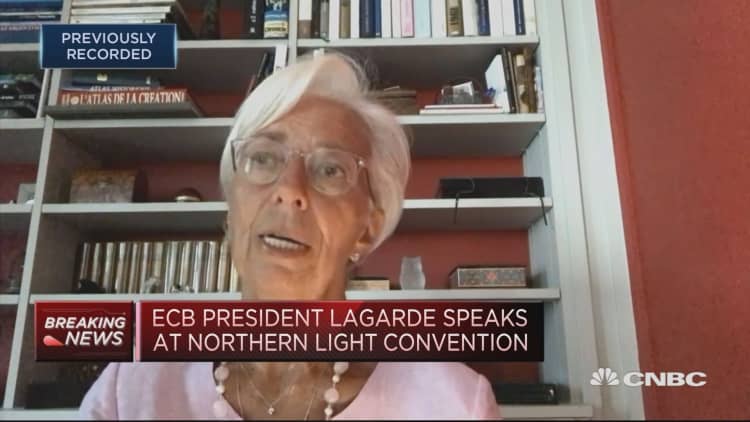The finance ministers of Spain, Luxembourg and Ireland are racing to become the next euro zone chief at a time when the region grapples with one of the most severe economic crises in history.
The Eurogroup — a gathering that brings the 19 finance ministers of the nations that share the euro — is searching for a new president as Mario Centeno, the socialist Portuguese finance minister, is due to end his tenure on July 13 after two-and-a-half years.
Nadia Calvino from Spain, Paschal Donohoe from the Republic of Ireland and Pierre Gramegna from Luxembourg are the three candidates for the position. The first to have 10 or more votes from the 19 ministers on July 9 becomes the new chief.
The Eurogroup approved in April plans to provide 540 billion euros ($605 billion) in fiscal measures to mitigate the economic impact from the pandemic. However, there are further negotiations for more stimulus measures, after the European Commission, the executive arm of the EU, suggested raising 750 billion euros in public markets and hand out that cash to member states and sectors that have been hurt the most by the pandemic.
This plan has created differing opinions among the 19 euro countries, but also among the wider European Union. Some nations have concerns that the plan is too generous by distributing 500 billion euros in grants and demand specific commitments that every country will work toward in order to restore public finances. Other governments, wary of public opinion, do not want fiscal stimulus to come in the form of rescue packages as was the case during the 2011 sovereign debt crisis with the so-called Troika.

These differences could play a role when euro zone ministers vote on a new Eurogroup president next month.
The incoming chief will have to deal with these divisions, while also addressing the recovery phase. One of the big open questions is how member states will repay the new debt.
Furthermore, the new Eurogroup leader will also face external challenges such as a decline in international trade, new arrangements with the U.K. as well as tensions with the United States over digital taxation.


